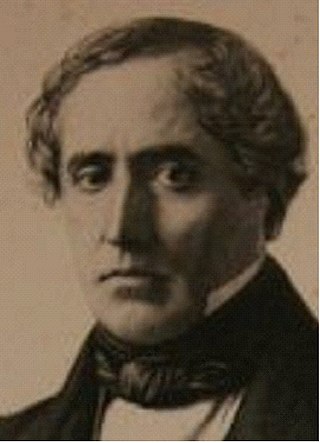
A legislature is a deliberative assembly with the legal authority to make laws for a political entity such as a country, nation or city on behalf of the people therein. They are often contrasted with the executive and judicial powers of government. Legislatures can exist at different levels of government–national, state/provincial/regional, local, even supranational. Countries differ as to what extent they grant deliberative assemblies at the subnational law-making power, as opposed to purely administrative responsibilities.

A constituent assembly is a body assembled for the purpose of drafting or revising a constitution. Members of a constituent assembly may be elected by popular vote, drawn by sortition, appointed, or some combination of these methods. Assemblies are typically considered distinct from a regular legislature, although members of the legislature may compose a significant number or all of its members. As the fundamental document constituting a state, a constitution cannot normally be modified or amended by the state's normal legislative procedures in some jurisdictions; instead a constitutional convention or a constituent assembly, the rules for which are normally laid down in the constitution, must be set up. A constituent assembly is usually set up for its specific purpose, which it carries out in a relatively short time, after which the assembly is dissolved. A constituent assembly is a form of representative democracy.

The Federal Assembly is the federal bicameral parliament of Switzerland. It comprises the 200-seat National Council and the 46-seat Council of States. It meets in Bern in the Federal Palace.

The Frankfurt Constitution or Constitution of St. Paul's Church, officially named the Constitution of the German Empire of 28 March 1849, was an unsuccessful attempt to create a unified German nation from the states of the German Confederation.

The 1848–49 United States Senate elections were held on various dates in various states. As these U.S. Senate elections were prior to the ratification of the Seventeenth Amendment in 1913, senators were chosen by state legislatures. Senators were elected over a wide range of time throughout 1848 and 1849, and a seat may have been filled months late or remained vacant due to legislative deadlock. In these elections, terms were up for the senators in Class 3.

The Moderate Republicans were a large political group active from the birth of the French Second Republic (1848) to the collapse of the Second French Empire (1870).

Jean-Pierre Lamotte-Rateau was a French lawyer and politician who represented the department of Charente in the Constituent Assembly and then the Legislature during the French Second Republic. He is known as author of the Rateau proposal to dissolve the Constituent Assembly before all the organic laws had been passed, this preventing any reduction in the powers of the President Louis Napoleon Bonaparte.